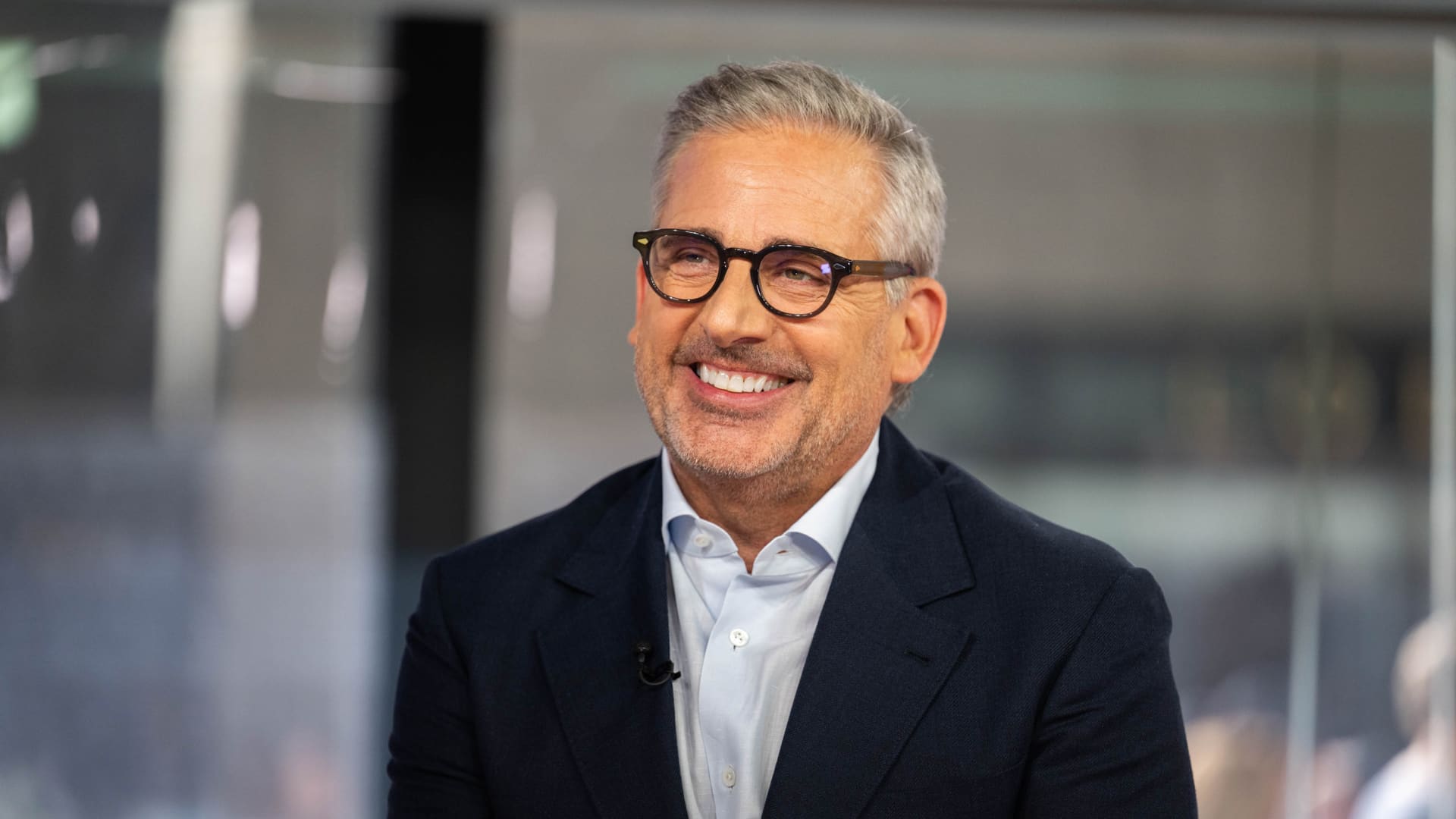Steve Carell’s Perspective on Kindness as a “Very Potent Strength”
Steve Carell, renowned for his iconic role as Michael Scott in *The Office* and his versatile performances across comedy and drama, has recently spotlighted an often-overlooked trait as essential to success and well-being: kindness. In his commencement speech at Northwestern University in June 2023, Carell emphasized that kindness is not a passive virtue but a “very potent strength” that fosters success, leadership, and positive societal impact. His message aligns with insights from business leaders and scientific research, reinforcing kindness as a cornerstone of personal and professional achievement.
The Power of Kindness in a Competitive World
Carell’s advocacy for kindness challenges the conventional narrative that success is solely the result of talent, intellect, or relentless ambition. Instead, he frames kindness as a strategic advantage that builds trust, strengthens relationships, and creates environments where collaboration thrives. His own career exemplifies this philosophy. Colleagues and collaborators frequently describe Carell as respectful, thoughtful, and approachable—qualities that have helped him sustain long-term collaborations and navigate both comedic and dramatic roles with authenticity.
Kindness, as Carell argues, is particularly vital for young professionals entering a complex and often cutthroat world. By prioritizing empathy and respect, individuals can foster inclusive, supportive cultures that encourage innovation and resilience. This approach contrasts with the traditional emphasis on networking or self-promotion, instead advocating for a more human-centered model of success. Kindness, in this sense, acts as a social lubricant, smoothing interactions and fostering environments where creativity and cooperation can flourish.
The Science and Business Case for Kindness
Carell’s perspective is supported by both business leaders and scientific research. CEOs and executives increasingly recognize emotional intelligence—including kindness—as a critical leadership trait. Kind leaders tend to cultivate loyal, engaged teams, reduce workplace conflict, and create more resilient organizational cultures. Studies have shown that employees working under kind leaders report higher job satisfaction, lower stress levels, and greater productivity. This suggests that kindness is not just a moral virtue but a strategic asset that drives long-term success.
From a scientific standpoint, research on interpersonal behavior underscores the benefits of kindness. Acts of kindness trigger positive neurochemical responses, such as the release of oxytocin, which enhances empathy, cooperation, and social bonding. This neurobiological reward system reinforces a cycle where kindness becomes both personally fulfilling and socially advantageous. Additionally, kindness has been linked to improved mental health, increased social support, and better problem-solving capabilities, further solidifying its role as a potent strength.
Kindness in Steve Carell’s Career and Public Persona
Steve Carell’s own experiences reflect the practical power of kindness. Despite his celebrity status, he is known for his humility and genuine demeanor, qualities that have helped him maintain collaborative relationships over decades. His ability to balance humor with empathy has allowed him to transition seamlessly between lighthearted roles and serious dramatic performances, demonstrating the versatility of kindness in different contexts.
The characters Carell has portrayed often explore the complexities of kindness and the struggle to practice it. For example, his character Michael Scott in *The Office* is endearingly flawed but ultimately reveals the importance of respect and connection in leadership. This nuanced portrayal mirrors Carell’s real-life message: kindness is not simplistic or naive but a strategic and emotionally intelligent approach to success. By embodying kindness in his roles and public persona, Carell has shown that this trait is not just a personal virtue but a professional asset.
Cultivating Kindness: Practical Implications for Individuals and Communities
Embracing kindness as a “potent strength” offers actionable strategies for personal and professional development. For individuals, especially young professionals, prioritizing empathy, patience, and respect can enhance their ability to build meaningful relationships and navigate challenges. Developing kindness involves active listening, recognizing shared humanity, and responding thoughtfully rather than reactively. These skills are not just moral imperatives but practical tools for success in an interconnected world.
Communities and organizations can foster kindness by creating cultures that reward collaboration over competition, encourage open communication, and model respectful behavior at every level. Building such environments fosters trust and psychological safety, key ingredients for creativity and collective achievement. Leaders who prioritize kindness can create workplaces where employees feel valued, leading to higher engagement, innovation, and long-term success.
Conclusion: Kindness as an Essential Human Asset
Steve Carell’s emphasis on kindness reframes success not merely as an outcome of talent or ambition but as a reflection of character and how individuals treat one another. This personality trait, often undervalued in competitive settings, emerges as a transformative force with scientific backing and real-world validation. By championing kindness as a “very potent strength,” Carell challenges prevailing narratives about power and success, offering a vision of achievement built on respect, empathy, and genuine human connection.
Fostering kindness has profound implications beyond personal gain; it influences societal cohesion and global well-being. In a world often driven by competition and self-interest, Carell’s message serves as a reminder that true strength lies in our ability to connect with others, uplift those around us, and create a more compassionate world. By embracing kindness as an essential human asset, individuals and organizations can navigate life and career with integrity, effectiveness, and heart.

